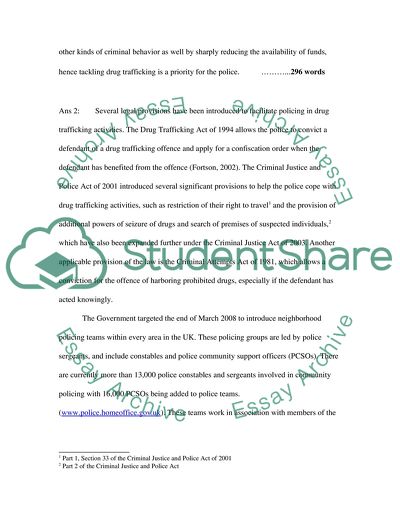Cite this document
(“Criminology: Security, Policing and the State Essay”, n.d.)
Criminology: Security, Policing and the State Essay. Retrieved from https://studentshare.org/miscellaneous/1545531-criminology-security-policing-and-the-state
Criminology: Security, Policing and the State Essay. Retrieved from https://studentshare.org/miscellaneous/1545531-criminology-security-policing-and-the-state
(Criminology: Security, Policing and the State Essay)
Criminology: Security, Policing and the State Essay. https://studentshare.org/miscellaneous/1545531-criminology-security-policing-and-the-state.
Criminology: Security, Policing and the State Essay. https://studentshare.org/miscellaneous/1545531-criminology-security-policing-and-the-state.
“Criminology: Security, Policing and the State Essay”, n.d. https://studentshare.org/miscellaneous/1545531-criminology-security-policing-and-the-state.


